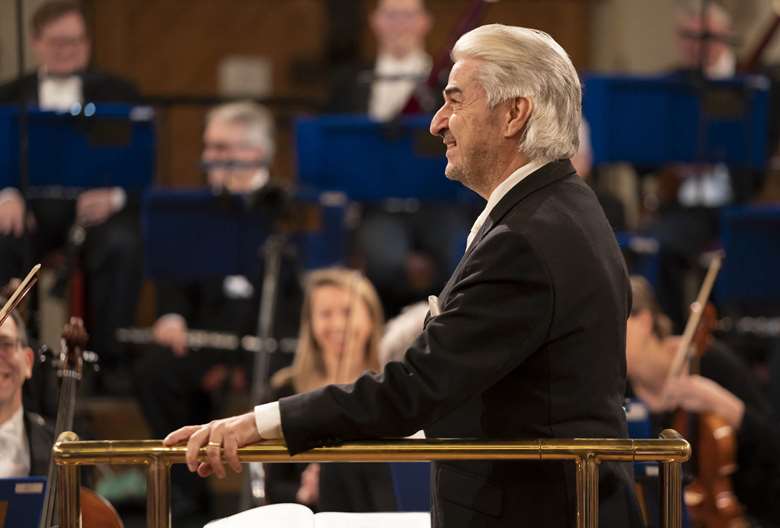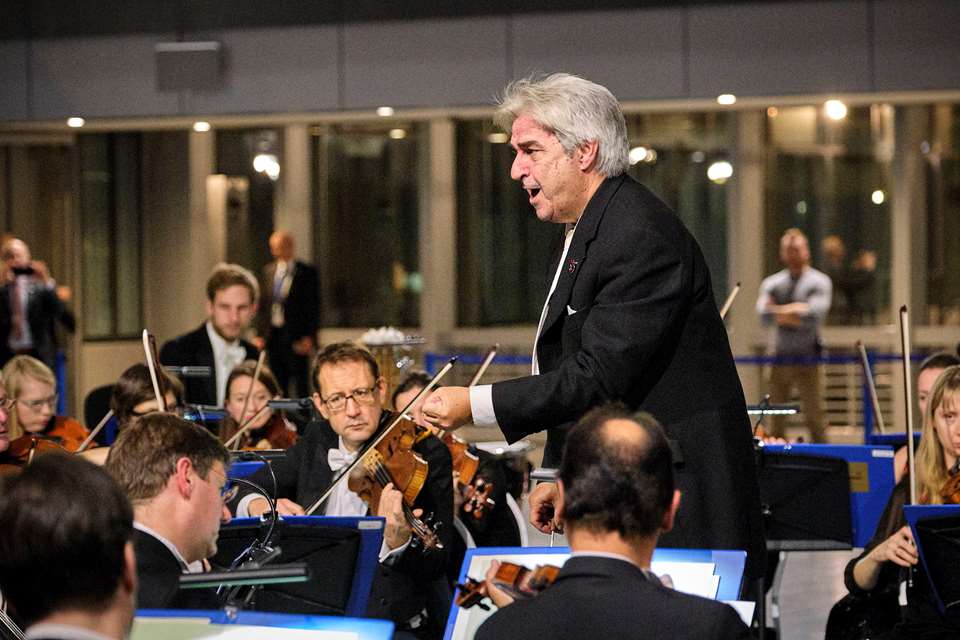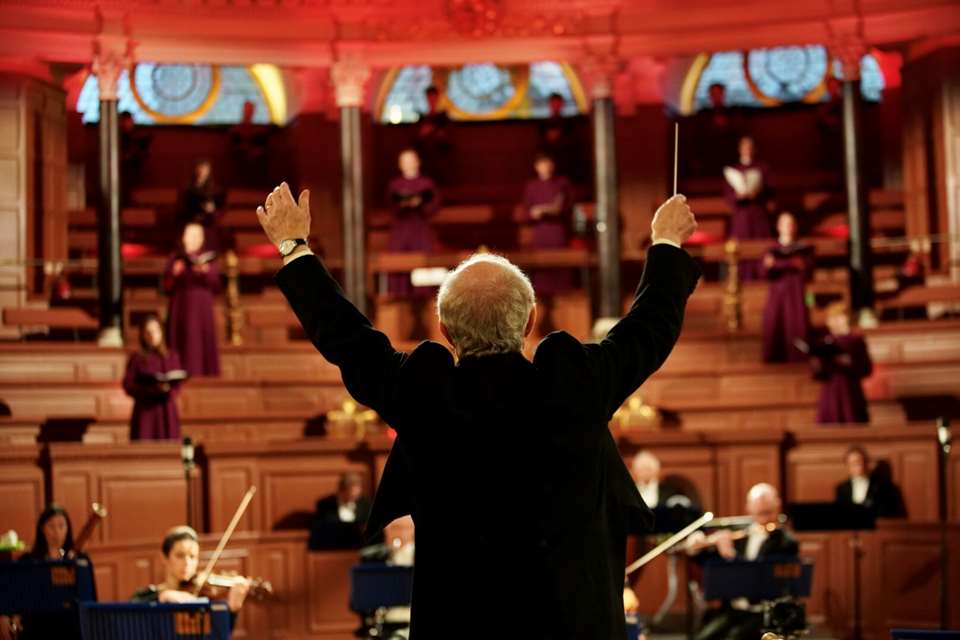Passion project to powerhouse: 25 years of the Oxford Philharmonic Orchestra
Jon Tolansky
Friday, July 7, 2023
Jon Tolansky talks to founder and music director Marios Papadopoulos plus musicians Tristan Fry, Gordon Hunt and Anthony Robb about the Oxford Philharmonic’s 25-year journey from adventurous creative outlet to an orchestra which is both financially independent and internationally in-demand


Register now to continue reading
Don’t miss out on our dedicated coverage of the classical music world. Register today to enjoy the following benefits:
- Unlimited access to news pages
- Free weekly email newsletter
- Free access to two subscriber-only articles per month

